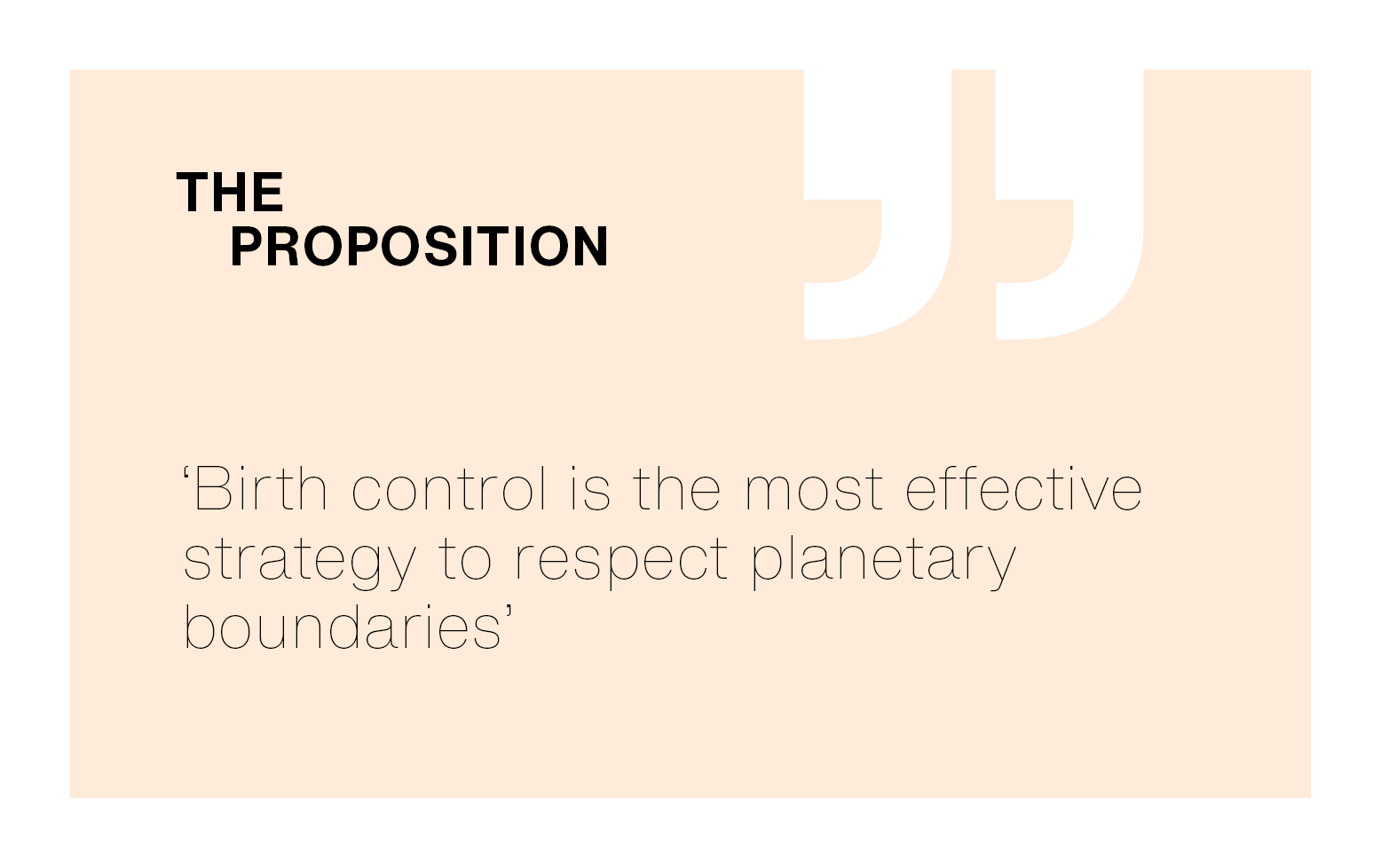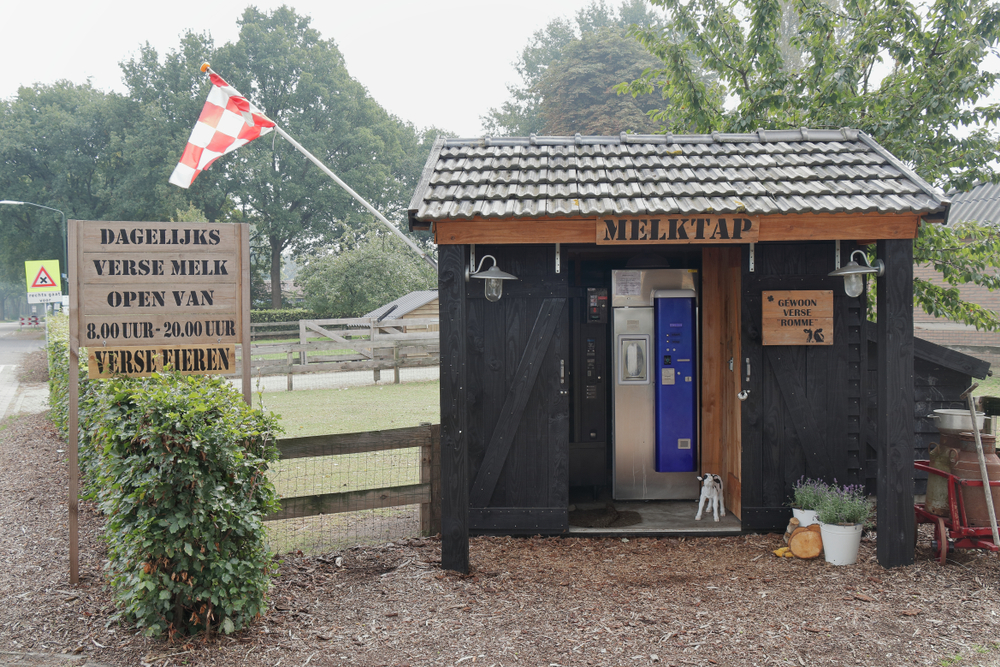For PhD candidates, their thesis propositions are an opportunity to publicly express their professional and personal convictions about science and society. In this feature, they explain their most thought-provoking proposition. This time it’s Loekie Schreefel, who graduated with a PhD in Farming Systems Ecology on 7 March.
‘My thesis is about regenerative agriculture, a form of sustainable agriculture that takes the soil as the starting point. So my focus was on food production, not consumption. But a lot goes wrong on the consumption side too. We have overeating in some parts of the world and malnourishment in other parts. We also throw a lot of food away. We need to increase the sustainability of our production and consumption, but time is running out. It is not clear whether we will be able to feed everyone in 2100, when the global population will be 10 billion. And if so, can we still remain within the planetary boundaries?
Perhaps there are simply too many of us. Birth control is one way to curb population growth and therefore reduce consumption. Of course this proposition is deliberately provocative. It’s a complex topic. Birth control can be very effective for the environment but it has major socio-economic implications. I am no social scientist and I wouldn’t like to say what the best solution would be. Options are making contraception free and investing in education about having babies. Logically you would start with the wealthiest one per cent of the world, as they account for 20 per cent of global emissions. The fact is that we have already exceeded several planetary boundaries and most countries are not keeping to the agreements they made, for instance the Paris Climate Agreement. Population control is a controversial but effective addition to other measures.’




